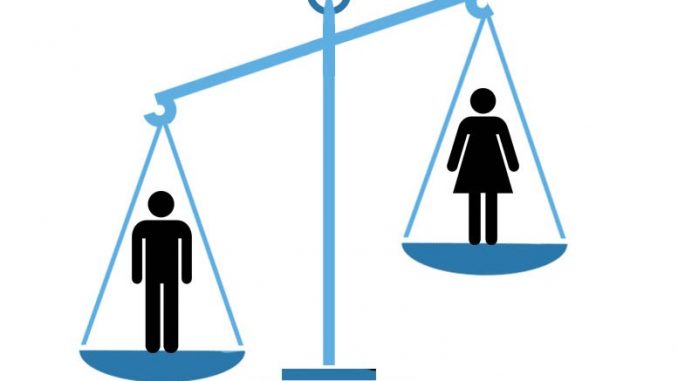
A shocking gender bias in the treatment of heart diseases, the leading cause of deaths across India, has been exposed by a new pan-India study .
Women heart patients in India not only seem worse off physically (more likely than men to suffer from hypertension and diabetes), they are also less likely to get the right medication, shows the study run across 17 hospitals between 2011 and 2015. Conducted by the American College of Cardiology Foundation, the results appear in the recent edition of the peer-reviewed International Journal of Cardiology.
Until a decade ago, women were considered immune to heart diseases, but it is now known that post-menopausal women are at as much risk as men. But the data captured in the out-patient departments of the 17 hospitals reveal that Indian women get a raw deal as far as heart care is concerned.
In all, 31,796 women (32%) and 66,245 men were studied at these heart clinics. Firstly, the findings show that women heart patie nts are younger–48.9 years old–compared to men with an average age of 51.5 years.
Secondly , in percentage terms, more women had hypertension (62% against 45.6% men), diabetes (39.4%, against 35% men) and hyperlipidemia (3.7% against 3.1% men).
But the most significant finding is that fewer women patients, in percentage terms, received guideline-directed medical therapy (or was tested) than men. Only 38% of women patients got aspirin, as against 50.4% of the men. Similarly, 36.8% of the women in the study got beta-blockers as compared to 47.8% men.
“Our findings have significant implications for future health policy regulations in the Indian government’s National Rural Health Mission program that has until recently, largely focused on prevention of communicable diseases and maternal and child welfare and education at primary healthcare delivery level,” said the study , acknowledging that “gender disparity remains a challenge”.
Dr Prafulla Kerkar, one of the main authors of the study and head of cardiology at KEM Hospital, Parel, said: “Cardiovascular disease has been recognized as the biggest killer at the national level, but we need focused programmes and grants for heart disease -more so among women as our study shows.”
Adoctor who didn’t want to be identified said women patients ignore medication advice, mainly because either they themselves or their family isn’t willing to spend. “There are families that hold meetings to decide if a woman should undergo a heart operation or not. The same family won’t think twice if the patient was a man.”
Source: The Times of India

Leave a Reply